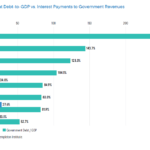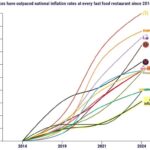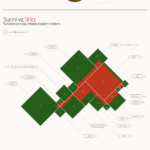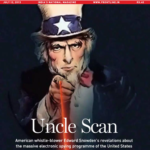A fascinating article in The Guardian yesterday discussed why the Coronavirus hit some countries harder than others was published based on a research study. According to the author, Michele Gelfand of professor at the University of Maryland Covid was deadlier in countries with “loose” relaxed attitude towards rule-breakers. Most of the countries the western world fall in this category including the US, UK, Spain, Italy, etc. In these countries lockdowns that were implemented were “leaky” lockdowns meaning it was not a strict lockdown and even when violators were it was mostly a small fine or a warning. In contrast, Asian countries such as Singapore, Japan, China and even Austria fared much better as people in those countries people followed the rules more strictly. Accordingly both infections and deaths were much less relative to the developed countries.
Below is a brief excerpt from the piece:
The virus has been especially effective at turning some societies’ propensity for rule breaking against them. Americans exemplify this spirit. It’s why the United States boasts a great deal of creativity and innovation. It’s also a major liability during times of threat. Such maverick behaviour is supposed to subside in emergencies. Yet countless US citizens continue holding parties, shopping maskless and generally scoffing at the virus. When the fear reflex is triggered, it’s often in a perverse way: fearing lockdowns and mask mandates more than the virus itself.
These cultural mismatches made that threat signal harder to discern. But former President Trump’s messaging silenced it for millions. “Just stay calm. It will go away,” he said on 10 March 2020. Even in January 2021, well after more than 300,000 Americans had died, he complained of the Centers for Disease Control and Prevention’s supposed exaggerations.
Source: Why countries with ‘loose’, rule-breaking cultures have been hit harder by Covid by Michele Gelfand, The Guardian
The complete article is worth a read.
The nation’s chaotic and messy healthcare system also turned out to be less conducive in fighting a global pandemic.



